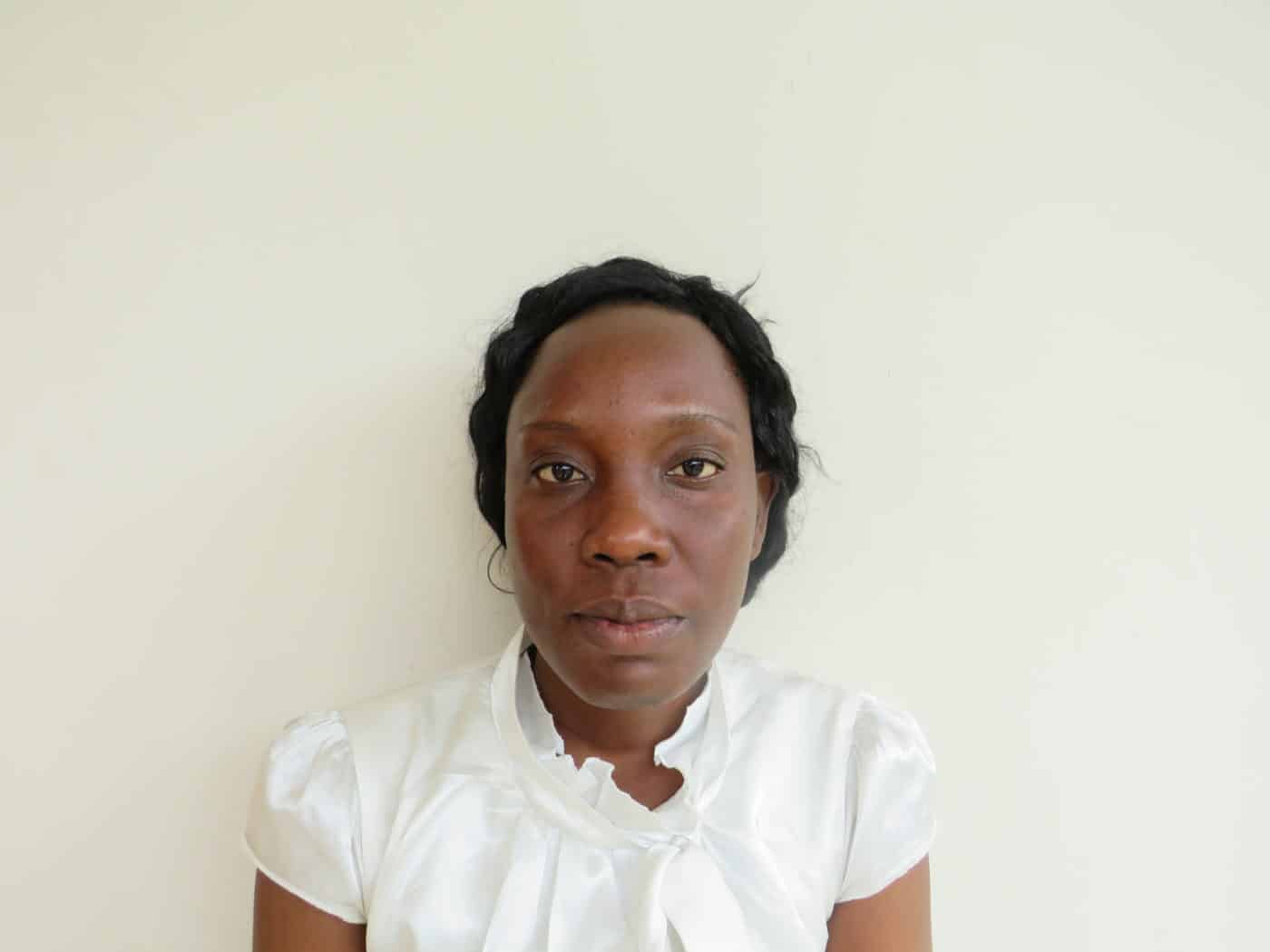Why I share my voice as a Community Monitor to make a difference
“In my community, people are not well informed about their responsibilities for the development of our village and how to access information, address challenges and how to seek for solutions that will help our families and neighbours. I wanted to be someone who could do this.”
A Community Monitor is someone who monitors the progress of development projects happening in their community. They do this by working with key people in their community to gather feedback about the running of projects and by using an app developed by Integrity Action to collate monitoring and evaluation data. Community Monitors are vital to ensuring that development projects work as they should to achieve success.
Subira became a Community Monitor for her community, Ngerengere, after attending training from Raleigh Tanzania.
“As a Community Monitor I am now able to collaborate closely with community members and share my opinions during community meetings on projects in our town.”
She and a fellow Community Monitor set up a Joint Working Group in Ngerengere, a group of key members in the community who sit in influential roles, such as a community leader or a school headmaster. The Joint Working Group take decisive action on how to make their community run better in light of the monitoring work conducted by Community Monitors.
“Everyone in the community was happy and ready to take part in making our village better. I encouraged the participation of women, youths and people living with disabilities to be part of the group so everyone is represented.
Before the formation of this group I spoke with women in my community to emphasize their roles in the community and how their voices can make a huge difference. Now, we have a Joint Working Group with a good representation of community members and I am confident that everyone will be involved through every step of project development here”.
Through the SAY project, Subira and members of Ngerengere village has identified 18 problems related to water issues in their community. After addressing these issues with the Joint Working Group, 9 problems have been solved so far, giving them a current fix rate of 50%. The community will continue to work together to fix other problems related to the project.
“The project we are monitoring – the Shahidi Wa Maji Project – is related to water. Through this shows tproblems were identified and addressed openly in public with the community. Together with the Joint Working Group we have been able to find a practical solution together.”
“Social monitoring gives community members power to raise their voices and concern, I have shared my opinions together with my fellow young people and it has made a difference, so this can be an opportunity for everyone.”
The SAY project uses the Community Integrity Building Model (CIB) to promote accountability and transparency when monitoring projects. Find out more about the SAY Project, the work of Community Monitors and about the Development Check app.





